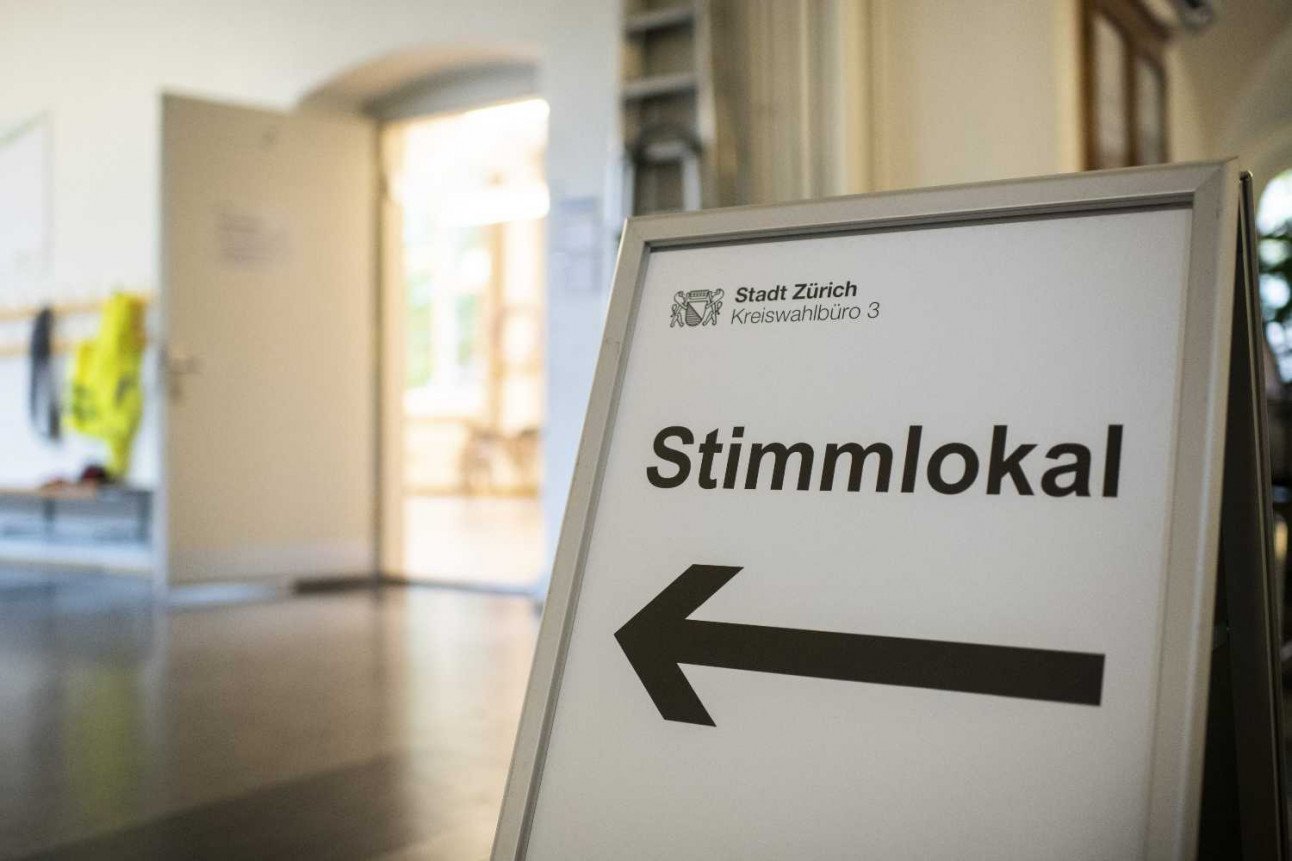Editor's note: This article is written from the perspective of Democrats Abroad but any American in Germany, regardless of party affiliation, can use the website Vote from Abroad to request an absentee ballot.
There are about nine million US citizens living outside the United States, including nearly 120,000 in Germany – and they can vote while living abroad, no matter how long they’ve lived in Germany or abroad.
If you or your American friends haven’t requested an absentee ballot this calendar year, do so now at VoteFromAbroad.org!
READ ALSO: Where in Germany do all of the Americans live?
What many Americans don’t know is that they have an opportunity to vote before the general election in November: in the primary.
Like a state party, Democrats Abroad will hold the Global Presidential Primary in 45 countries from March 3rd-10th, and the votes determine the delegates sent to the Democratic National Convention.
Climate change, inequality, healthcare, immigration policy, racial justice, and many more key issues that Americans have watched worsen over the last four years.
By voting in the primary, you choose which Democratic candidate will challenge the president in November, set future political agendas, and become American’s representative on the world stage.
Nevada, South Carolina… Berlin & Bavaria?
In Germany, there will be 43 Global Presidential Primary voting centres, from Hamburg in the north to Bodensee in the south, from Aachen in the west, to Dresden in the east, where Americans can cast a vote in-person. To find a primary polling place and times near you, check here.

Map of the Global Presidential Primary Centres in Germany. Credit: Powen Shiah
For example, Berlin’s 21,606 Americans can vote in-person on Super Tuesday March 3rd (12-8pm) and March 8th, 2020 (11-7pm) at the Digital Eatery in Mitte (Unter den Linden 17, 10117).
Four years ago, 600 people voted at the Berlin primary, and the number of Americans living in the capital has increased over 30 percent since 2015.
READ ALSO: The 13 types of Americans you meet in Germany
In Bavaria, the region with the most American citizens, the 25000+ U.S. citizens can choose from four cities with voting centres: Augsburg, Munich, Nuremberg, and Regensburg.
Voting Remotely in the Global Primary
If the times or locations of these in-person voting centres don’t work for you, you can also download a ballot starting February 18th, 2020, and return it by email or postal mail.
All that’s required to vote (in-person or absentee):
-
Reside abroad and be a U.S. Citizen.
-
Be 18 years old as of November 3rd, 2020
-
Be a member of Democrats Abroad (when voting in the Global Presidential Primary)
-
Not have voted, or plan to vote, in any other 2020 state presidential primary.
You can vote in the Global Primary and also in your home state for down-ballot primary races, like congressperson! Just skip the presidential question on your state primary ballot.
Getting Involved
Democrats Abroad mobilizes overseas voters and helps Americans abroad impact issues that matter to them. There are 12 chapters and many local groups all around Germany.
In the past few months in Berlin, Kiez groups have started up in many neighbourhoods, and they’re hosting phone banking parties to call Americans abroad about voting in the primary and the general election.
Powen Shiah is Media & Communications Coordinator for the Berlin chapter of Democrats Abroad, a startup marketing consultant, and believes in old-fashioned grassroots activism. He’s lived in Berlin since 2014 and maintains too many Twitter accounts, including @demsinberlin and his own, @polexa.




 Please whitelist us to continue reading.
Please whitelist us to continue reading.
Member comments